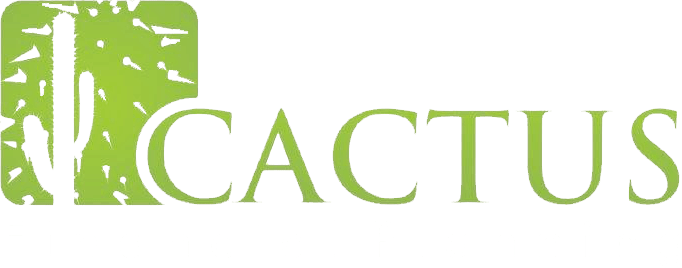
Research from ING shows that 27% of people are at risk of falling into financial difficulties, as they have no savings to fall back on if something goes wrong.
It’s easy to think that it won’t happen to you, but as LV’s Risk Reality calculator shows, you may be more likely to need time off work than you think.
In fact, every day in the UK, there are an average of:
- 420 deaths caused by heart problems (Source: British Heart Foundation)
- 445 head injuries (Source: Headway)
- 288 strokes (Source: Stroke Association)
Why worry about it?
If you need an extra push to motivate you into putting together a financial safety net, think of your loved ones and what they would face if you were suddenly unable to work due to illness, or, even worse, you die unexpectedly.
In addition to the emotional toll, could your family, partners and children cope with the financial fallout of those circumstances?
Office for National Statistics (ONS) data shows that the average weekly living costs for UK families totals £554.20. That includes:
- Bills
- Food
- Clothes
- Travel
- Recreation
- Entertainment
- Education
That means that the average family needs to maintain a monthly income of more than £2,216.80.
According to research from SunLife, the average cost of dying has risen to £8,905. That includes an average funeral cost of £4,078 (£5,951 in London). (Source: SunLife)
Is that money readily available, should the worst happen?
How much should you have?
The answer will be different for everyone. A good start is making sure that you have enough to pay your living costs for six months, with some left over for unexpected costs such as:
- Equipment
- Care
- Rehabilitation
- Changes to your property
- Travel to appointments
- Medication
How can you get there?
The path to financial security is different for everyone, you may have inheritance and savings that you wish to use as a foundation, or you might have to rely on making small contributions every month to build it up. Whatever your circumstances, these hints and tips should help you to protect your family, should the unexpected become reality:
1. Location
Make sure that your money is in a place where you can get to it instantly. Whether that’s a current account or easy-access ISA. Keep this separate from your everyday accounts, so that you don’t get the two mixed up. It is possible to place nicknames on different accounts with some banks and building societies, to identify which is which, with ease.
You should keep different types of emergency savings in the most suitable accounts. The first three month’s expenses may need to be ready to go within minutes, so the interest rate is not as much of a priority, as being able to access the funds.
Anything beyond that could be held in an account which provides better returns. Even if you cannot access that capital instantly, you will have time to start the process whilst relying on your other savings.
2. Don’t dip into it
Your emergency fund should be easy to access in the right circumstances, but you should never use that as an excuse to ‘borrow’ funds from it. Whilst it is easy to think that you can replace the money you spend today, you never know when a real emergency will arise. So, it is best to leave the funds alone.
3. Make affordable contributions
If you are just starting to build your emergency fund, it can be easy to be over enthusiastic and leave yourself in financial danger in the short term. However, if you do not usually have a lot of expendable income each month, that could leave you in a worse position in the short term.
The key is to create a budget and analyse what you could afford to cut back on, or if there are any areas where you could be paying less (energy and TV providers, for example).
4. Insurance
The monthly premiums on insurance are a small price to pay in return for the peace of mind that comes with knowing that your family and loved ones will be financially stable in an emergency.
There are three types of insurance you should consider as priorities:
Life Insurance: Pays a lump sum or income to your loved ones if you die within the terms of the policy
Critical Illness Cover: Pays a lump sum or income if you are diagnosed with a serious illness
Income Protection: Pays a proportion of your usual income to your family if you are unable to work through illness, injury or death
Once you have these personal plans in place, it may be an idea to review external policies, including:
Pet: your furry (or scaly) friends can have emergencies, too! And, vet bills can soon become very expensive.
Home and contents: If your emergency surrounds your property or belongings, this insurance provides peace of mind that you can afford to replace and repair, without putting yourself into financial difficulty.
If you are looking for guidance and help with starting and maintaining your emergency fund, we’d be happy to help.

